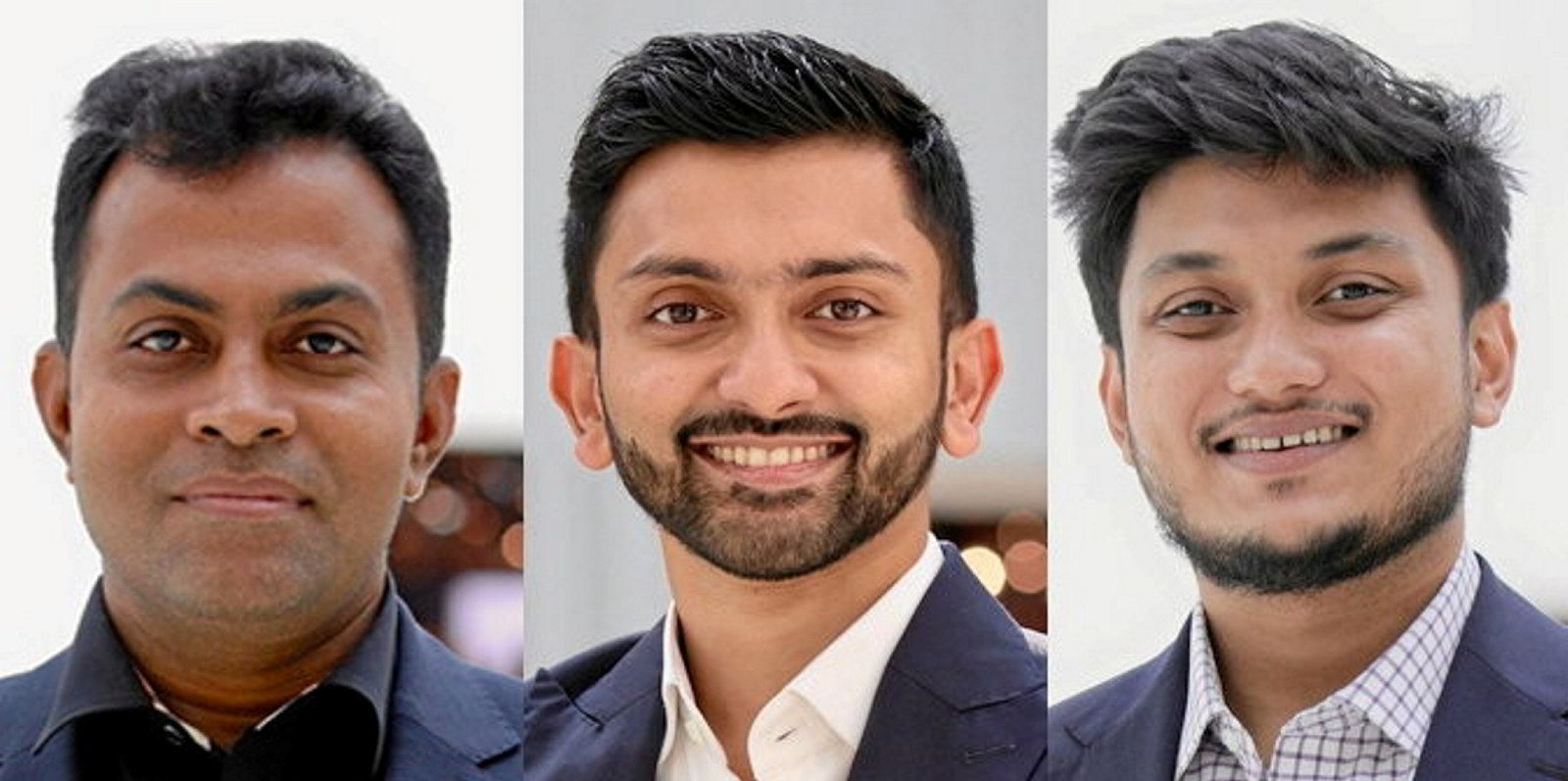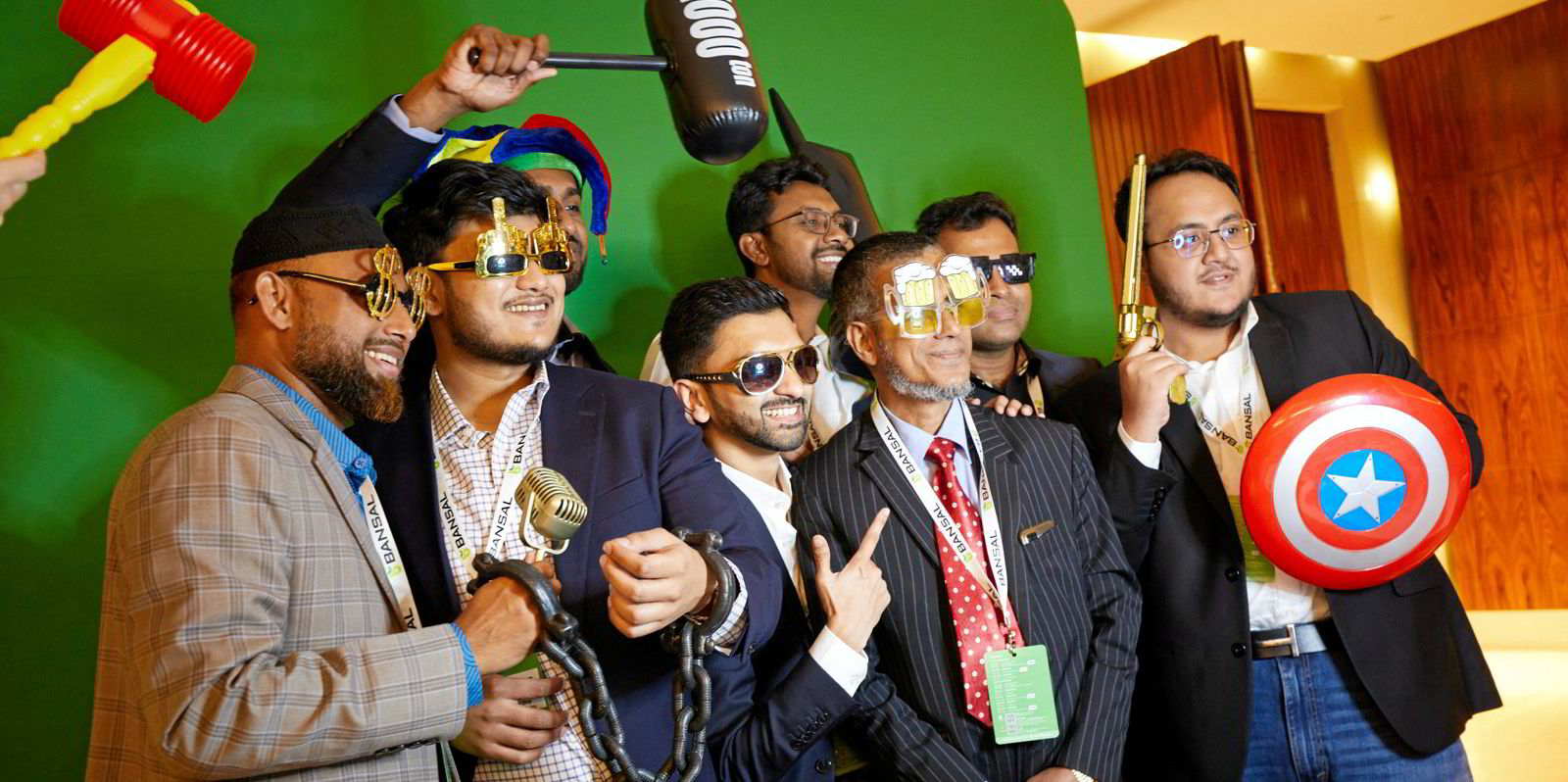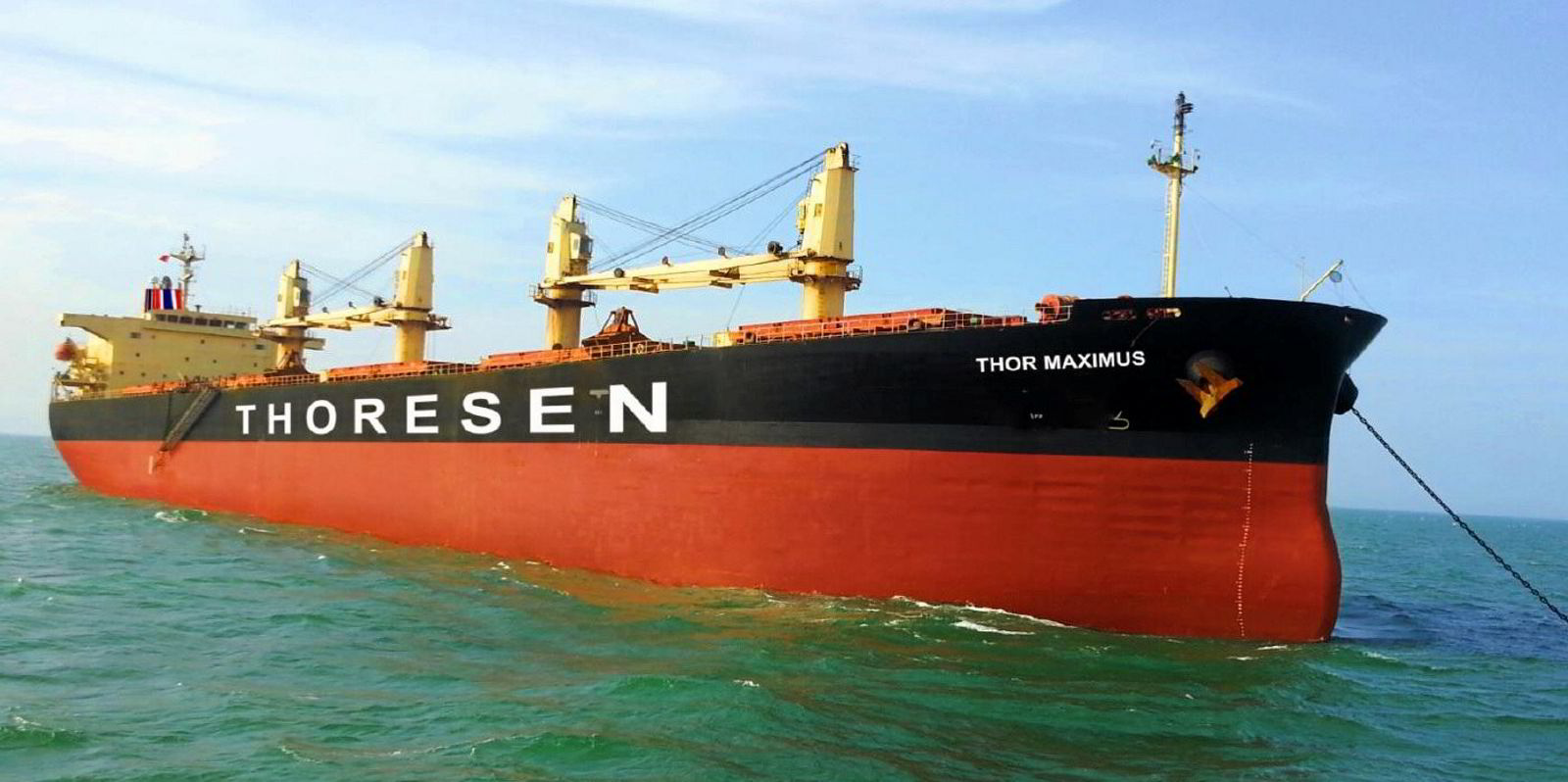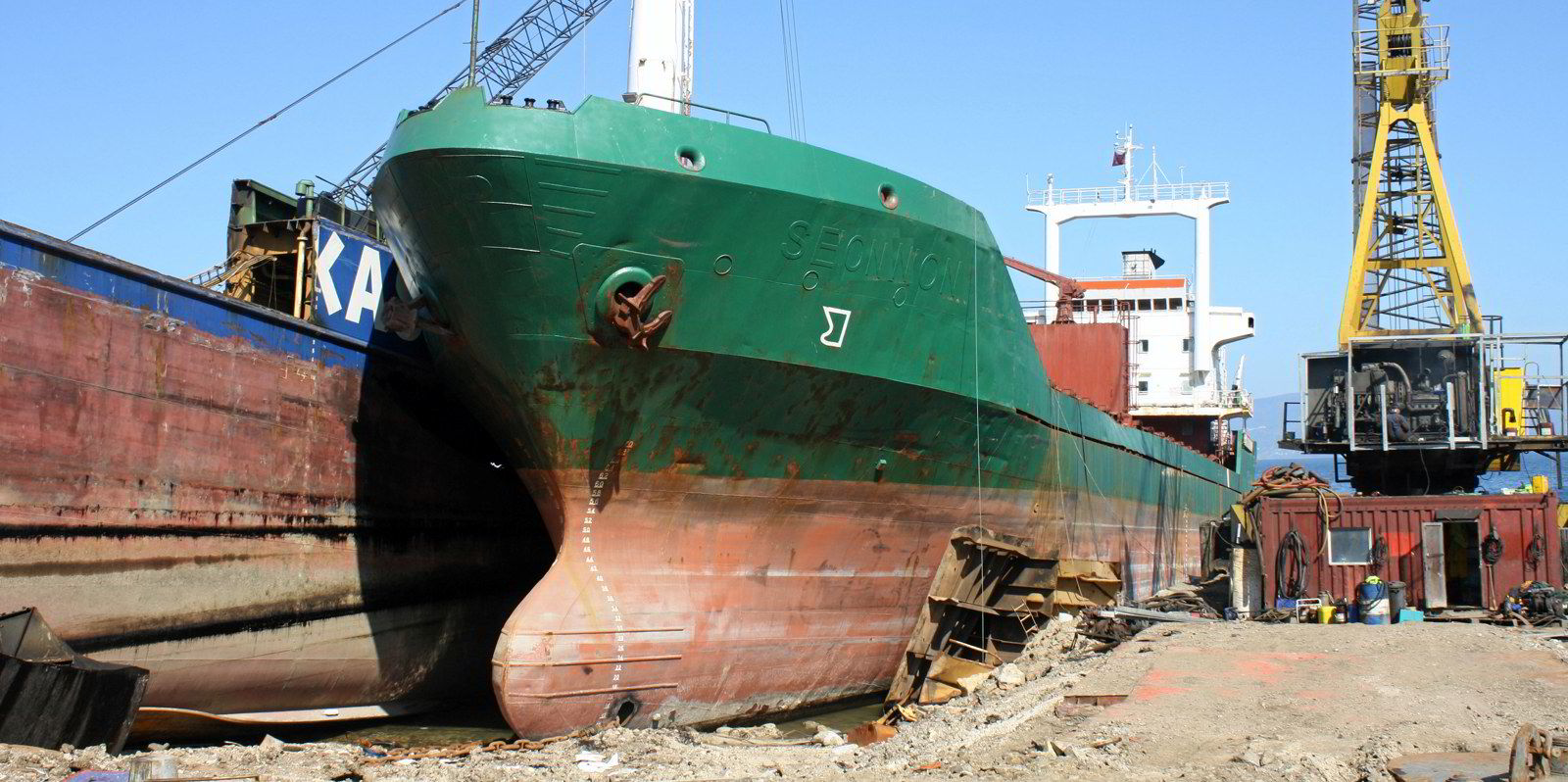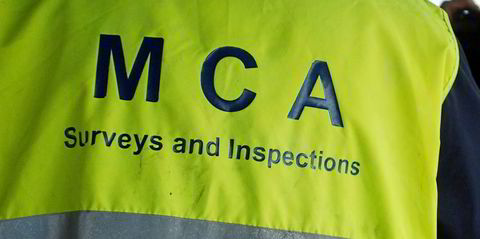A new generation is taking the helm of family-owned ship recycling yards in Bangladesh. Well-educated and brimming with enthusiasm, they are determined to bring change to an industry that still comes under fire from pressure groups that accuse it of poor environmental and safety practices.
Three of the youngest ship recyclers in Chattogram spoke to TradeWinds at its recent ship recycling forum and shared their aspirations as leaders for implementing changes at the ship recycling yards.
Only four out of the 60 or so active ship recycling yards in Bangladesh are certified by the Hong Kong International Convention for the Safe and Environmentally Sound Recycling of Ships. Another six are set to obtain certification by the end of the year, according to government officials. The deadline to obtain compliance is in less than two years.
This means that the new generation at the helm has a lot of work ahead of them. One of the three TradeWinds interviewed has already attained certification, while the other two say they are determined to do so soon.
Target achieved — Mohammad Taslim Uddin, KR Group
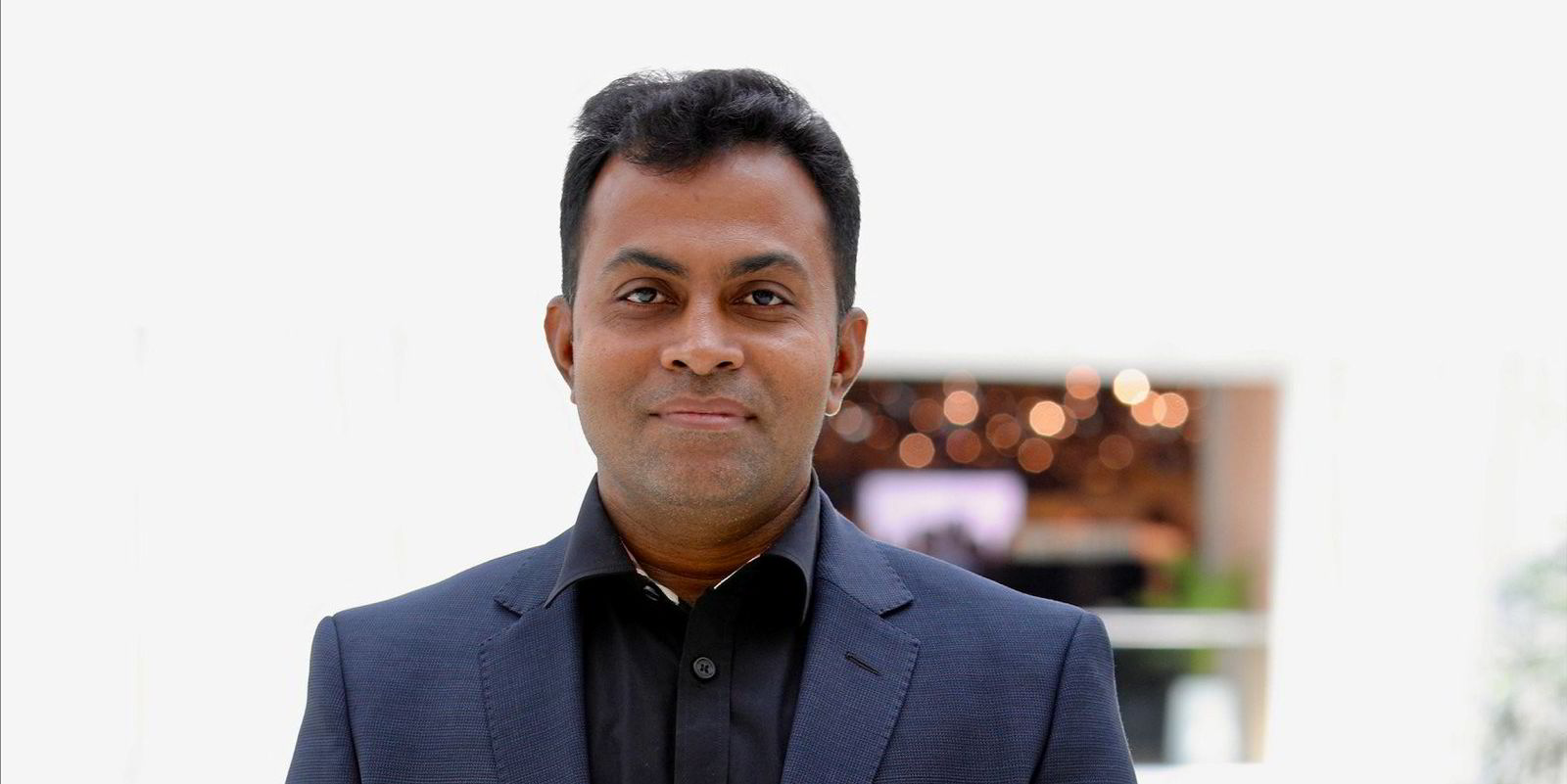
On 26 September, the KR Group’s ship recycling yard at Chattogram was certified as compliant by Bureau Veritas and ClassNK with the Hong Kong Convention. It was the fourth yard in Bangladesh to be approved and marked the culmination of years of hard work for next-generation managing director Mohammad Taslim Uddin, who has been at its helm for the past four years.
Uddin, 39, comes from a ship recycling family. He started in the business in 2013 after graduating from university with a marketing degree.
He said that turning a conventional recycling yard into a Hong Kong Convention-compliant one takes effort and money.
“We have a big plan to prepare ourselves to become a sustainable ship recycling yard. We prepared every aspect of it, from the facility itself to training our employees,” he explained.
KR Group has invested $4m in its yard, but Uddin emphasised that the investment is an ongoing process, particularly in terms of the workforce, where unskilled itinerant labourers have traditionally constituted the majority.
“We regularly perform training programmes for our employees. Once upon a time, our workers were not well trained, but now they cannot begin work unless they have undergone training,” said Uddin.
Training carries costs, but Uddin said there is a positive side — trained workers are less likely to leave than unskilled itinerant workers.
Uddin responds immediately when asked about his vision for Bangladesh’s ship recycling industry and yard.
“My vision is to establish sustainable ship recycling from every aspect. I am committed to protecting the environment and maintaining maximum safety. Safe, sound, sustainable recycling is my goal.
“I welcome every other ship recycler in Bangladesh to come see our yard if they want to learn how to obtain [Hong Kong Convention] compliance,” he concluded.
Waiting game — Sartaj Imran, Simni Group

Simni Group deputy managing director Sartaj Imran is waiting impatiently to begin upgrading the yard he operates to get Hong Kong Convention certification.
Henning Gramann’s recycling consultancy GSR Services drew up the ship recycling facility plan, or SRFP, several years back. The workers are being continuously trained, but although the funding is in place, work has not started on the required infrastructure.
So, what is holding Imran back?
“The roads and highways department are going to build a new road that will run through part of our yard. We’ve been notified, but they haven’t given us the road plan. We can’t implement anything until we get it because we must revise the entire SRFP,” he lamented.
“We are pushing them. Hopefully, we will have it by next year.”
Imran, 30, has been running the family-owned company’s ship recycling business since graduating from Westminster University in 2018 with a law degree.
“I was born into this business. I started shadowing my father and working in the office when I was 12. Even when I was studying in London, I was still handling all the correspondence online. I took over the running of the ship recycling business after graduating,” he said.
Looking to the future, Imran would like to see his yard match PHP Ship Breaking & Recycling Industries. PHP was Bangladesh’s first Hong Kong Convention-certified yard and is considered the showpiece of Chattogram.
Imran expresses strong admiration for PHP and its managing director, Mohammed Zahirul Islam.
“He took the first step. It cost him a lot of money and took a long time — I think 10 years in total. He had to do it by trial and error, but it paved the way for everyone else. [KR Group] did it in 14 months. When we move forward, I think we can do it in less than a year because we have these yards to look up to and learn from. They are very supportive to everyone here,” he said.
Asked what he would like to say to the shipping industry and non-governmental organisation putting pressure on Bangladeshi ship recyclers, Imran said he would ask them to be patient as the industry gets ready for the implementation of the Hong Kong Convention.
“There is a common saying in Bangladesh that when you squeeze a lime gently, the juice comes out and is tasty. But when you squeeze it too hard, only bitterness comes out. When you squeeze us too hard, what’s going to happen at the end of the day is that we will have to close our businesses. We will have to close the industry.
“The change we are bringing may be slow, but we are steadily bringing it. Just be patient.”
A matter of pride — Faud Ibne Alam, Baraka/ Sagarika Ship Breaking

“Bangladesh is one of the world’s biggest garment manufacturers. The ‘Made in Bangladesh’ label is famous around the world for its quality, and this is because that industry has implemented so many safety and quality requirements,” said Faud Ibne Alam, 27, director of Baraka/Sagarika Ship Breaking in Chattogram.
“I want that reputation for Bangladesh’s ship recycling industry. I want us to be proud of our industry. I want shipowners to know the quality of our ship breaking and be confident that when they send their ships to Bangladesh, they will be recycled in a safe and sustainable way.”
The son of one of the two partners who own both yards, Alam took over their management in 2022 after returning from Australia with a bachelor’s degree in accounting, a master’s in business IT and an MBA.
He concedes that getting the older generation to buy into the value of Hong Kong Convention compliance and make the necessary changes has been a tough battle.
“They are very orthodox. They want to stick to the way they have been doing things for the past 20 years. I have been very vocal about the need for change, telling them we need to do this,” he said.
“The issue is that it is a huge investment. Our yards are a lot bigger than you will find in other countries. To upgrade both of our yards would cost more than $10m, but that is something we must do. We only have two years to do it.”
Financing such an expensive project is challenging given the awful business environment Bangladesh’s ship recycling sector has faced so far in 2023. The supply of vessels has slowed to a trickle, and even then, buying has been difficult because of the country’s foreign currency crunch and credit problems that have made obtaining letters of credit impossible.
“We usually recycle large ships of around 50,000 ldt to 60,000 ldt, buying many of them every year. We never like to go beneath 20,000 ldt. This year, we have only recycled three ships that combined came in at only 23,000 ldt. This has severely impacted our cash flow,” Alam said.
In addition, recyclers must pay for ships in total upfront, which further impacts cash flow.
Despite this, Alam is keen to begin the work required to upgrade the yards by this year’s end because further delays could lead to more cost increases given the high inflationary environment.
“Our currency, the taka, is losing value against the dollar. This makes upgrading more expensive for us because we have to buy a lot of the equipment, such as cranes and the raw materials, from foreign countries,” he said.
The plan is to upgrade one of the yards while the other continues to operate and then switch.
Alam believes the physical upgrading work is just a small part of the process.
“Construction is a very small part of it. It is a requirement, but I feel our biggest challenge is training the employees. That is what we’ve been focusing on more right now. We are investing in our employees through training and education, trying to retain them as much as possible because they are our biggest asset,” he said.
